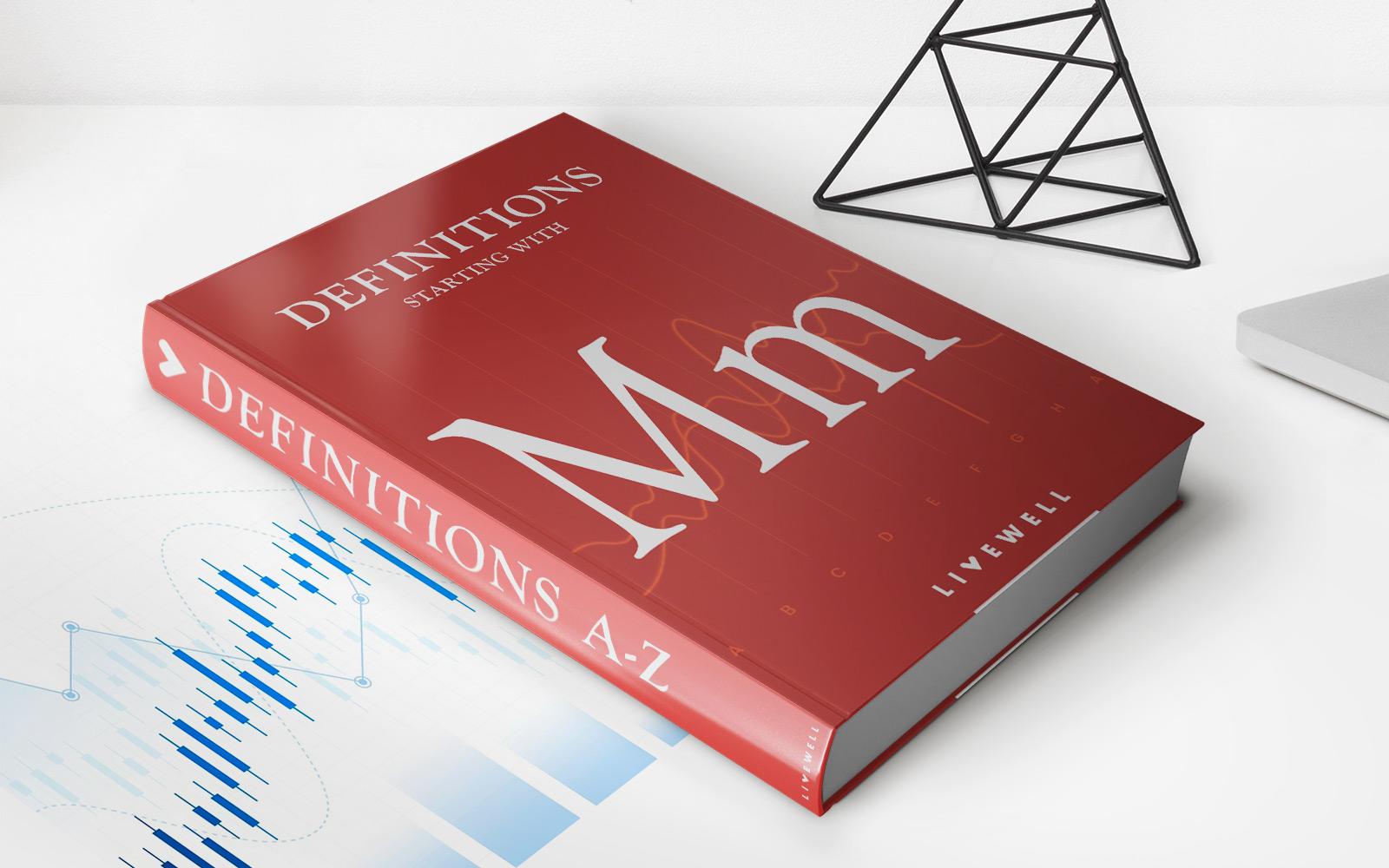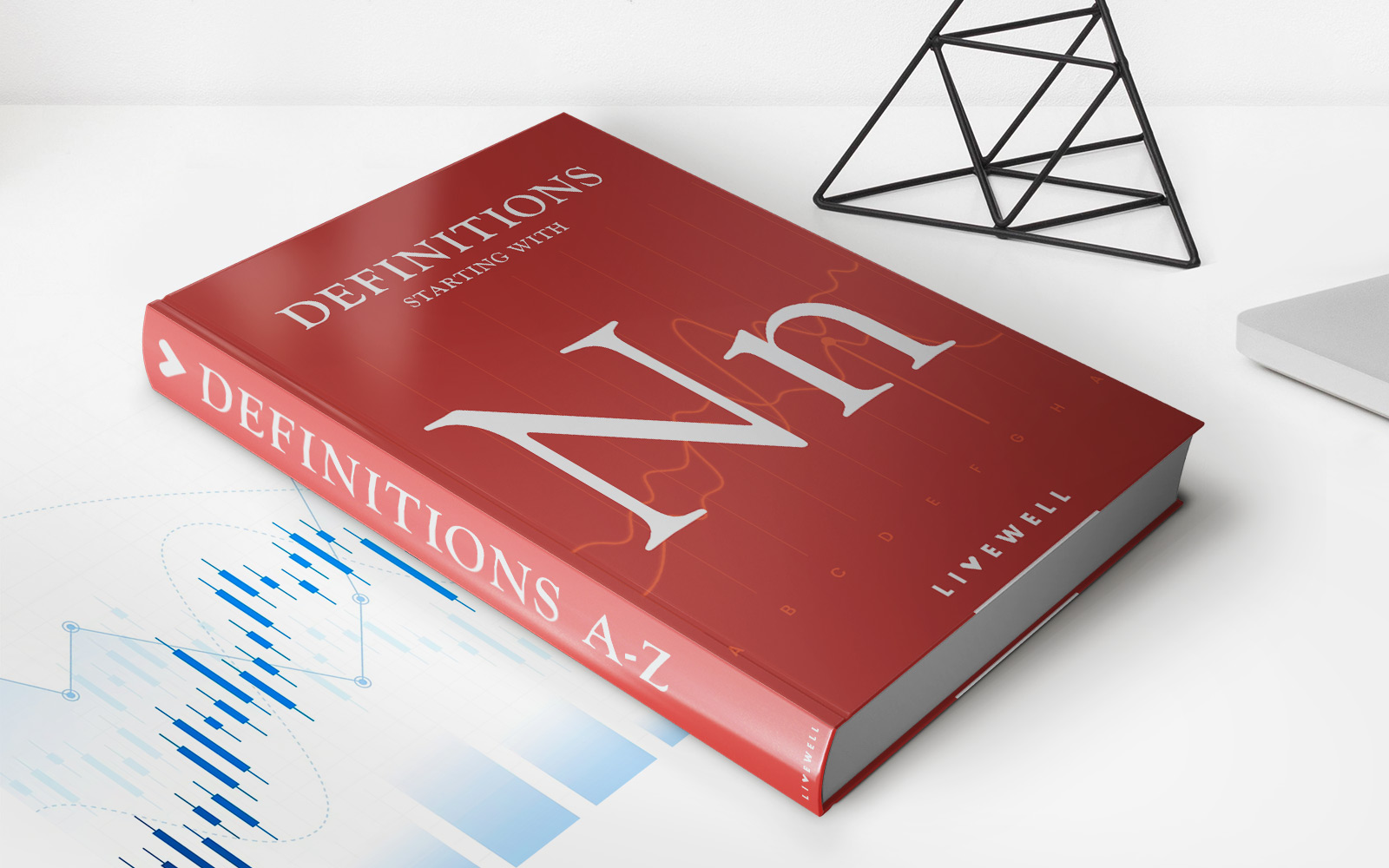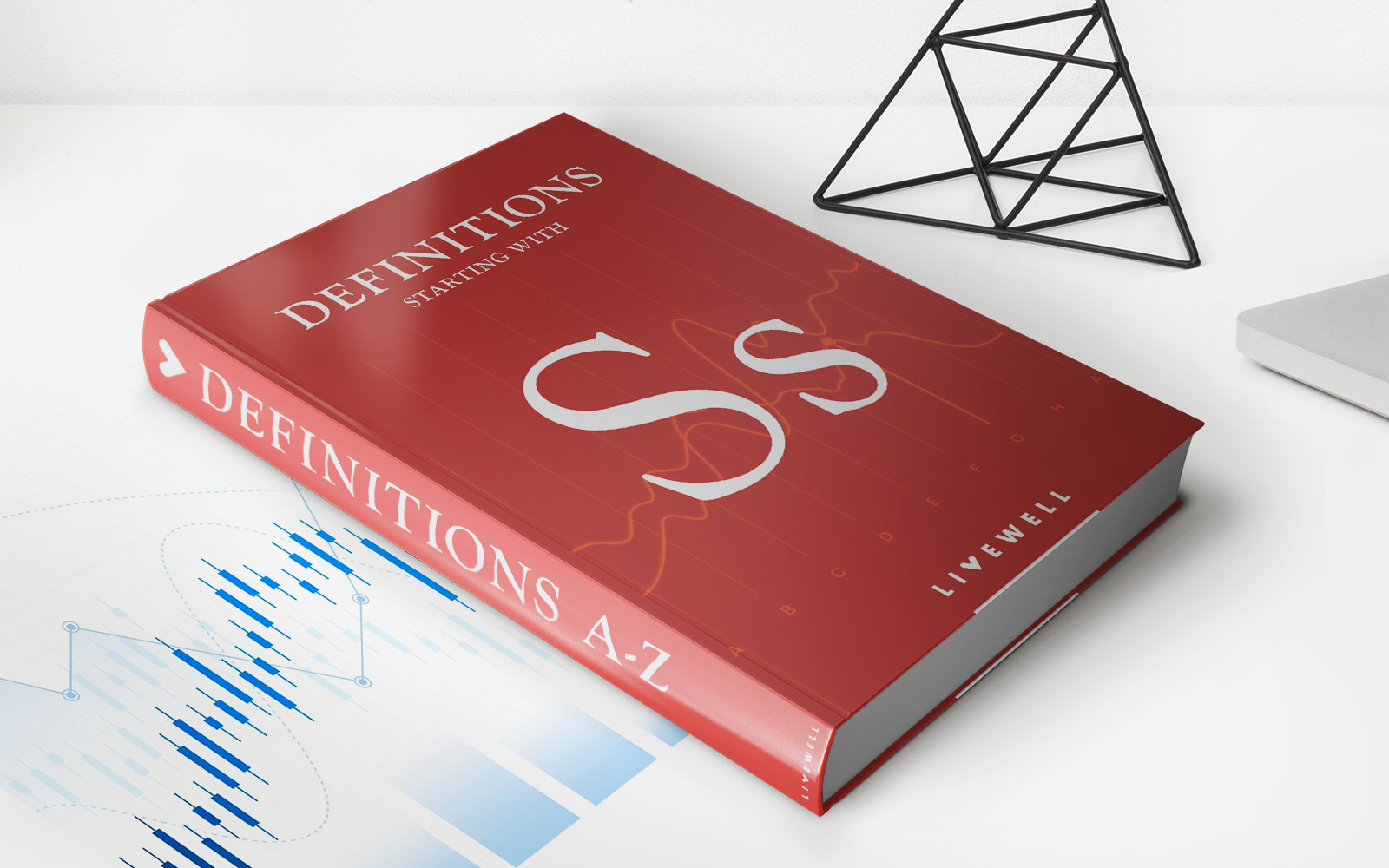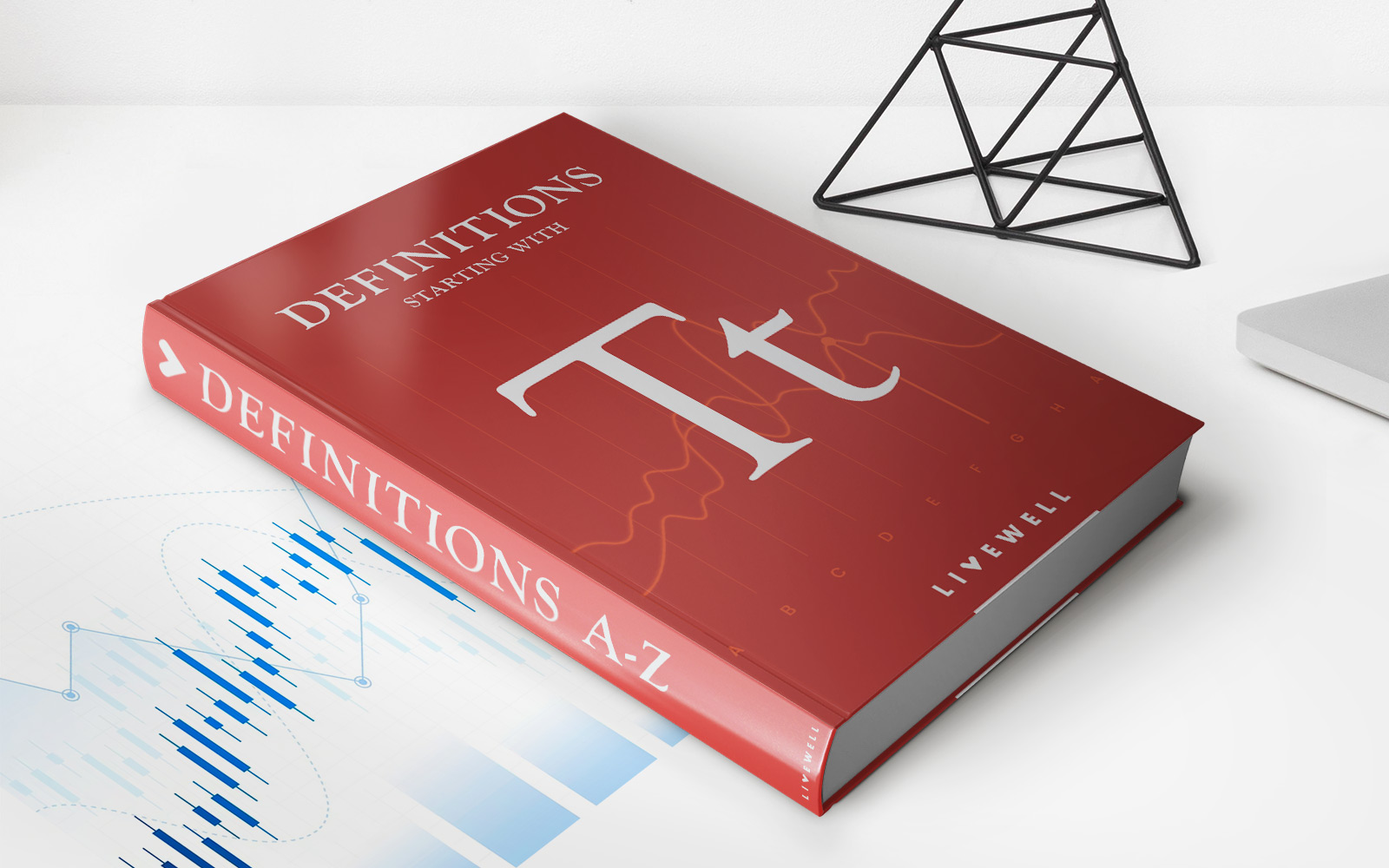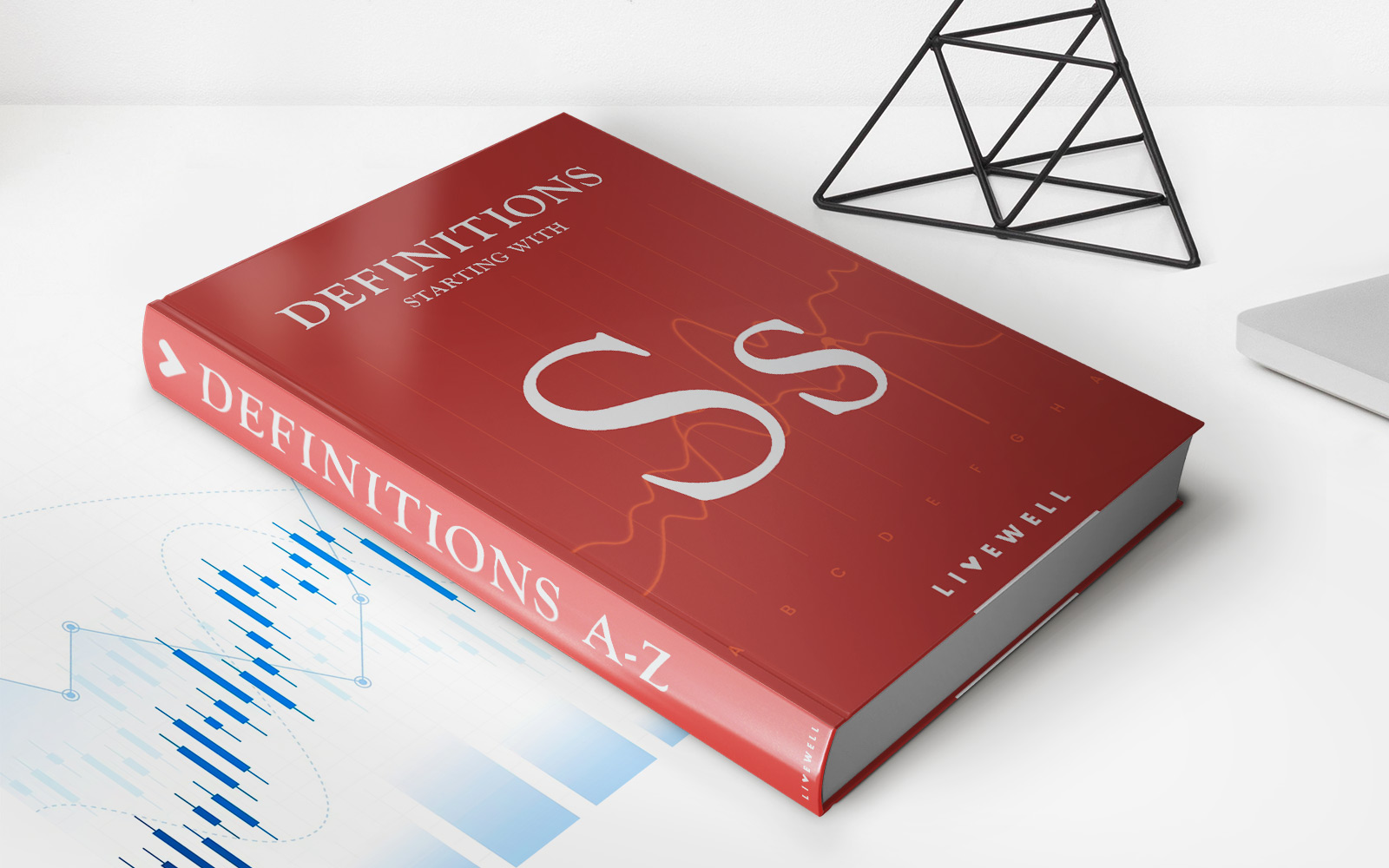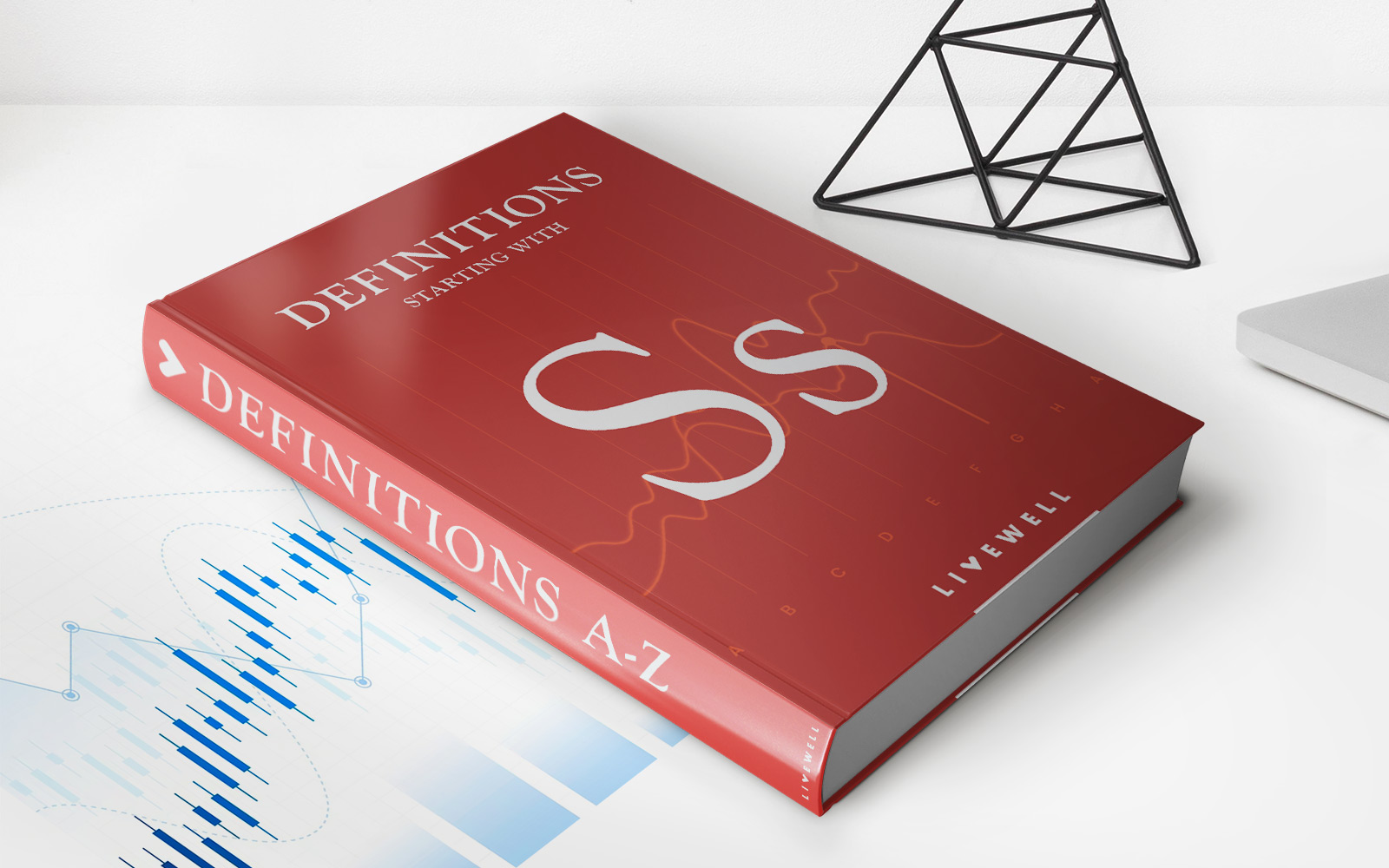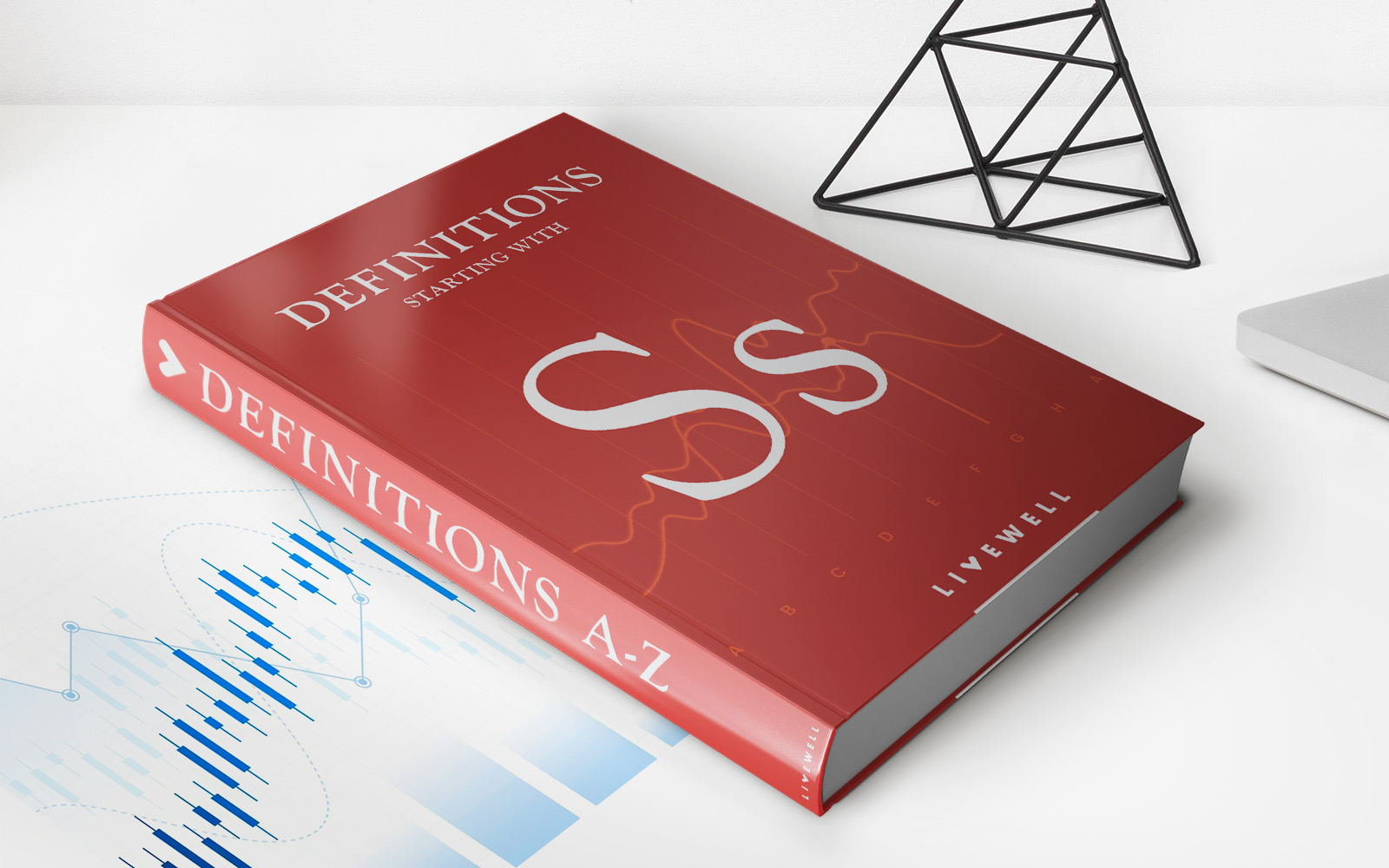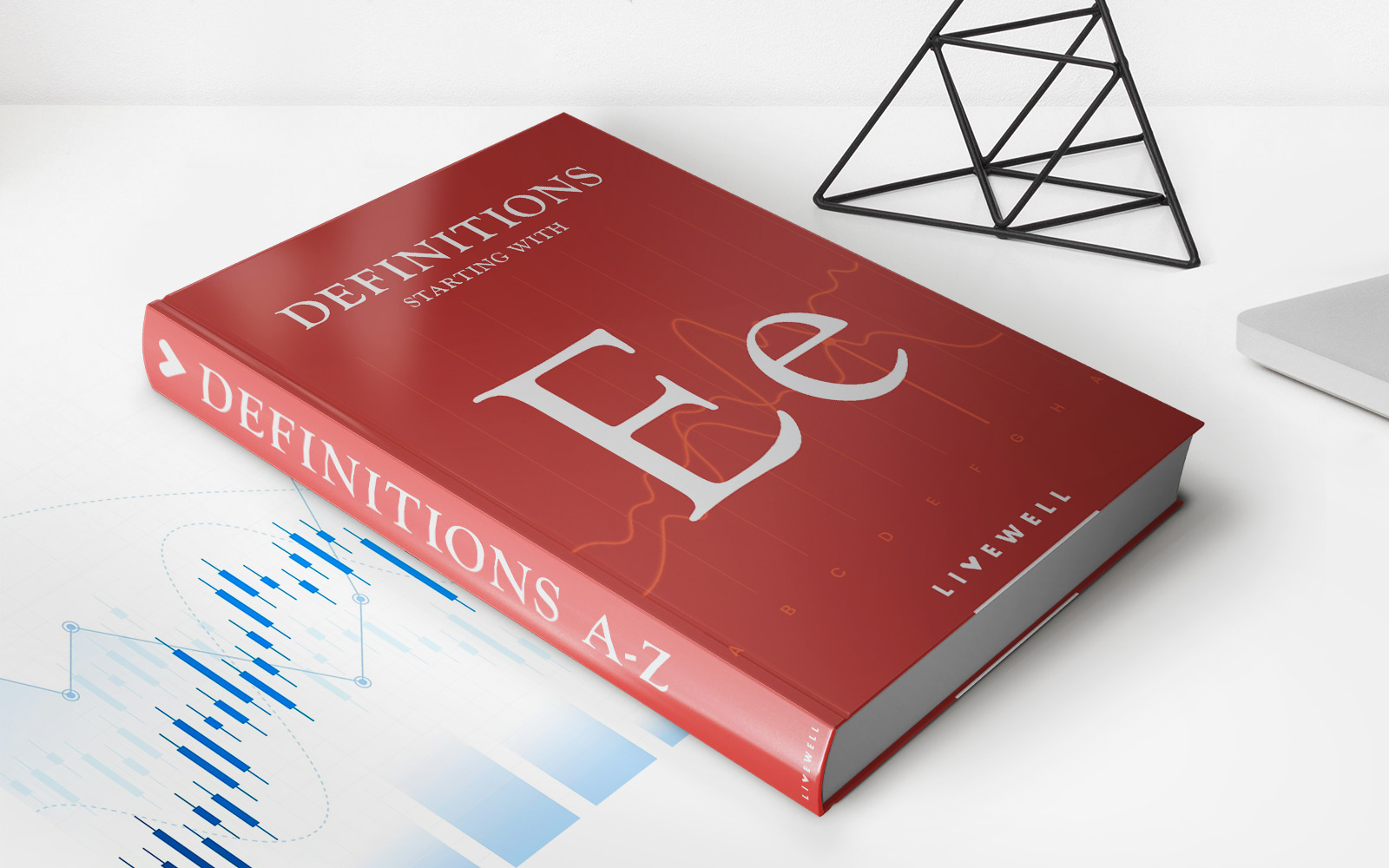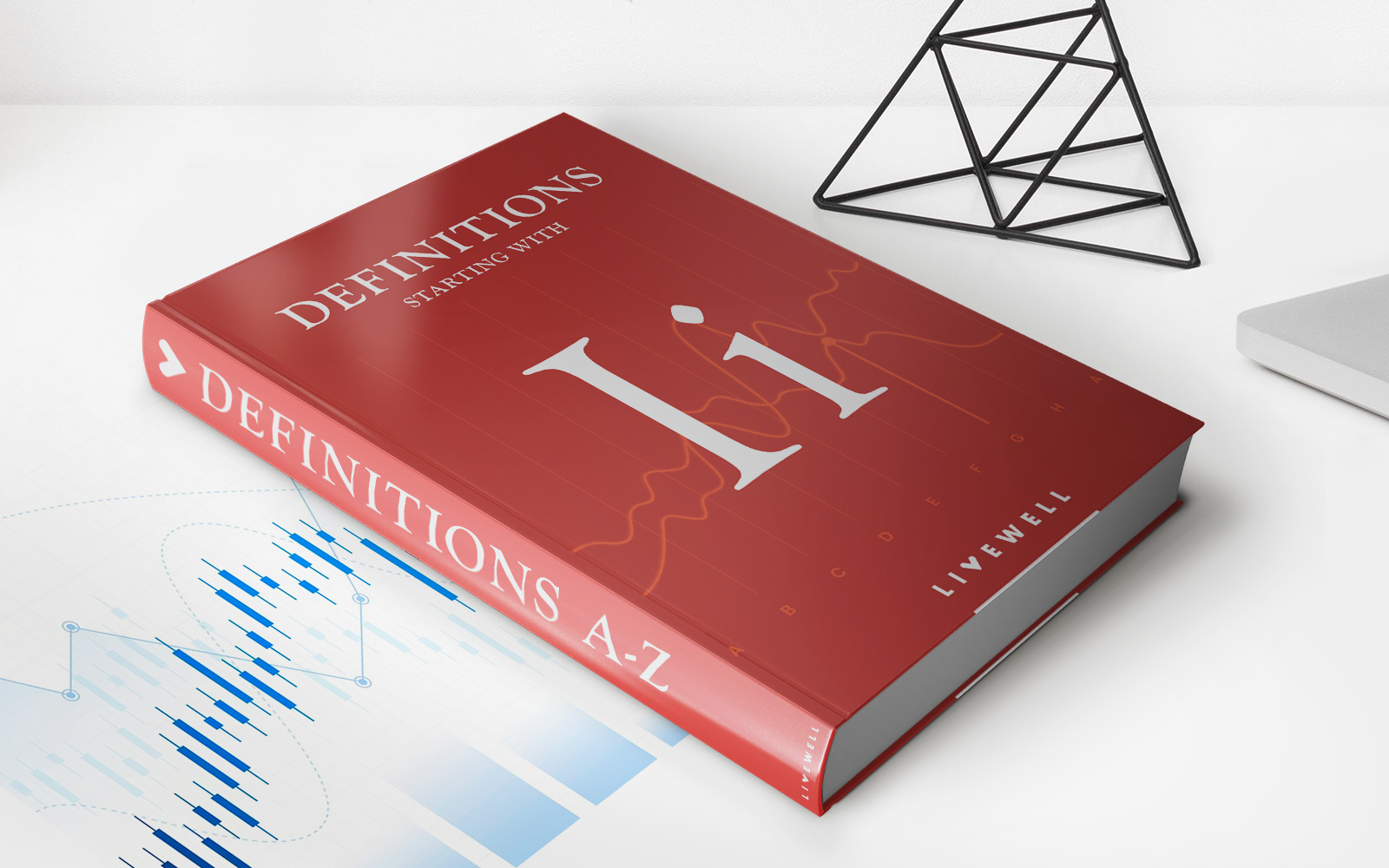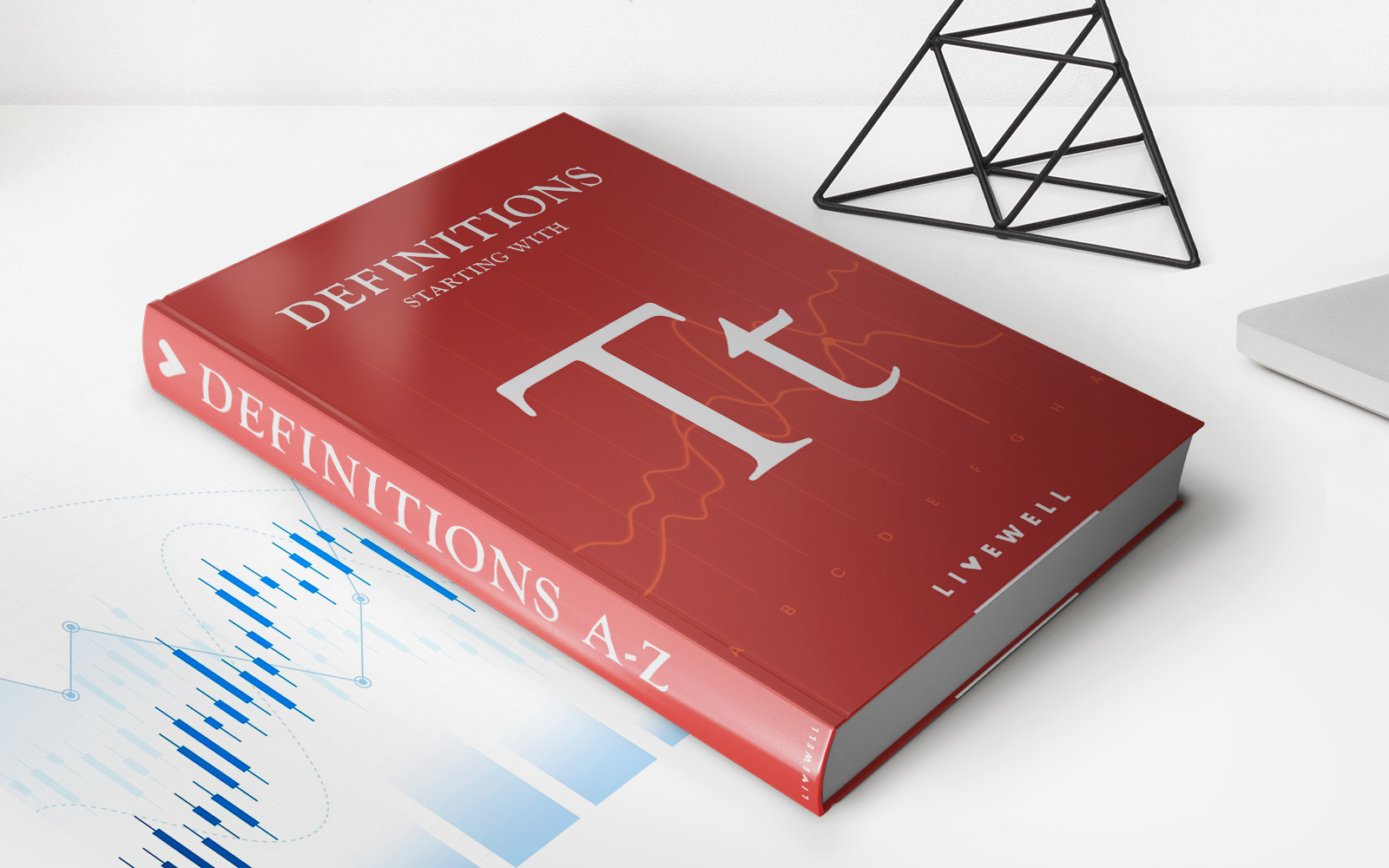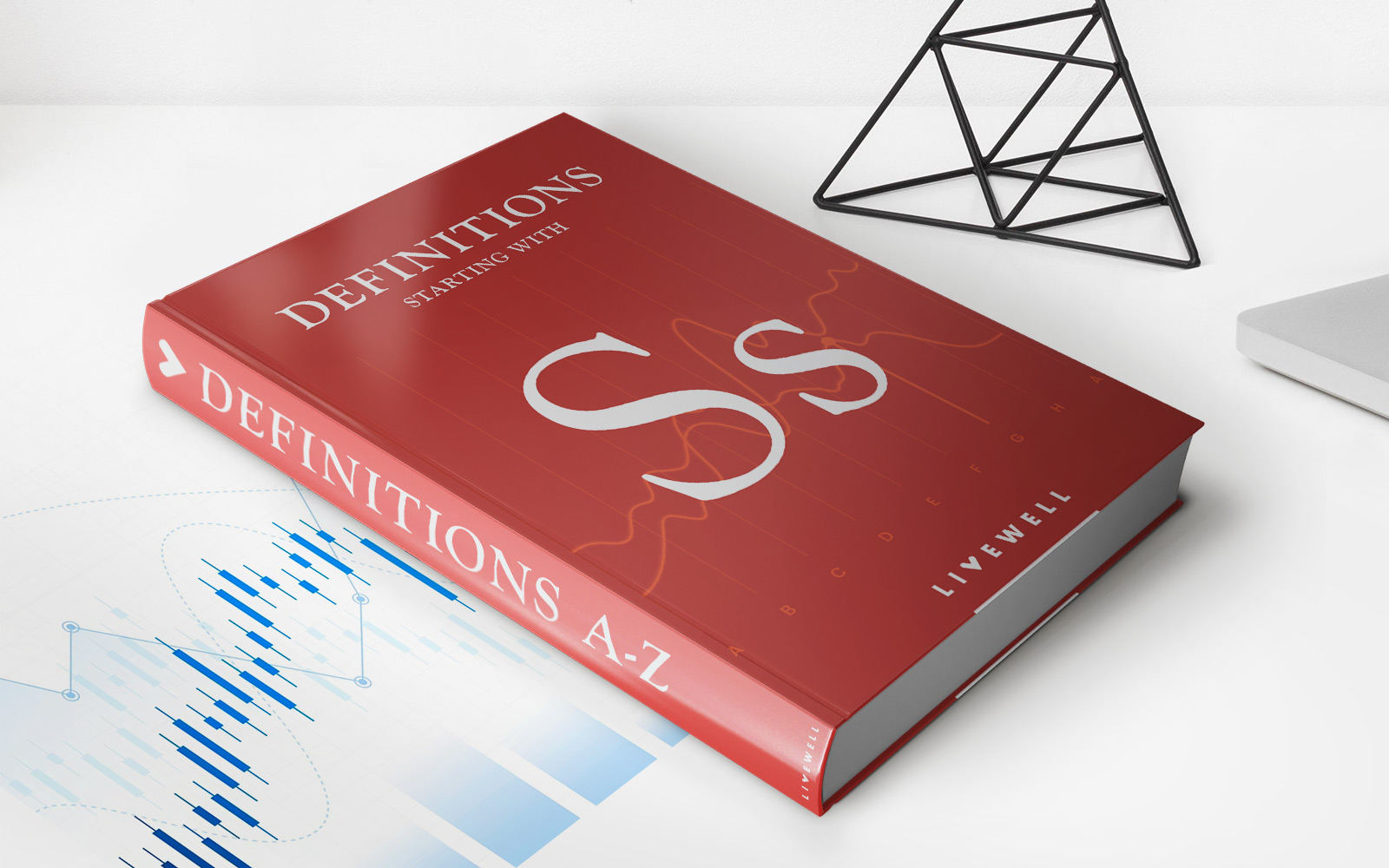

Finance
Shadow Market Definition
Published: January 27, 2024
Discover the meaning of Shadow Market in the world of finance. Explore the implications and dynamics of this clandestine sector.
(Many of the links in this article redirect to a specific reviewed product. Your purchase of these products through affiliate links helps to generate commission for LiveWell, at no extra cost. Learn more)
Understanding Shadow Market: A Hidden World of Financial Transactions
Finance is a vast and intricate domain that encompasses various markets and sectors. One such intriguing phenomenon that operates outside the traditional boundaries of the regulated financial system is the shadow market. While most of us are familiar with the stock market, bond market, and foreign exchange market, the shadow market remains hidden and often misunderstood. In this blog post, we will delve into the fascinating realm of the shadow market, uncover its definition, explore its characteristics, and shed light on its role in the global economy.
Key Takeaways:
- The shadow market refers to a network of unregulated financial transactions and activities that evade the oversight of governmental authorities.
- Key players in the shadow market include hedge funds, private equity firms, and off-exchange trading platforms.
Defining the Shadow Market
The shadow market, also known as the “parallel” or “grey” market, encompasses a wide range of financial activities that occur outside the purview of traditional regulatory frameworks. While many legitimate and legal transactions take place within this realm, certain aspects of the shadow market can raise concerns due to its lack of transparency and oversight.
The shadow market includes activities such as private equity investing, hedge fund trading, off-exchange trading, and certain types of loan arrangements that exist beyond the traditional banking sector. These transactions often involve higher risk and operate under different rules compared to their regulated counterparts, making them appealing to investors seeking higher returns or individuals seeking alternative financing options.
Characteristics of the Shadow Market
The shadow market exhibits several distinct characteristics that differentiate it from regulated financial markets:
- Opacity: One of the defining features of the shadow market is its lack of transparency. Due to the absence of regulatory oversight, the exact scale and nature of activities within the shadow market are often difficult to quantify.
- Higher Risk and Leverage: The shadow market attracts investors who are willing to take on higher levels of risk in pursuit of potentially higher returns. Strategies employed in the shadow market often involve leverage, allowing participants to amplify gains but also leading to increased vulnerability during market downturns.
- Complex Transactions: Financial instruments and transactions in the shadow market can be complex and sophisticated. This complexity often arises from the need to circumvent regulatory restrictions or to optimize tax efficiency.
Role of the Shadow Market in the Global Economy
While the shadow market may carry certain risks, it plays a significant role in the global economy:
- Capital Allocation: The shadow market provides an alternative avenue for capital allocation. It allows investors to access unconventional investment opportunities and provides funding sources for businesses that may not meet the criteria of traditional lenders.
- Market Liquidity: The shadow market enhances market liquidity by facilitating transactions that would otherwise be difficult to execute within regulated financial frameworks.
- Innovation and Competition: The absence of rigid regulations in the shadow market fosters innovation and competition, leading to the development of new financial products and strategies.
It is important to note that the shadow market, despite its unregulated nature, interacts with and can impact regulated financial markets. Changes in the shadow market can have spillover effects on traditional markets, potentially affecting stability and overall financial conditions.
In Conclusion
The shadow market represents a hidden world within the vast domain of finance, where unregulated financial transactions and activities take place. While it offers opportunities for investors and businesses, it also carries certain risks due to its lack of oversight. By understanding the characteristics and role of the shadow market, we can gain valuable insights into the complexities of the global financial system.
Do you have any experiences or thoughts on the shadow market? Let us know in the comments below!
